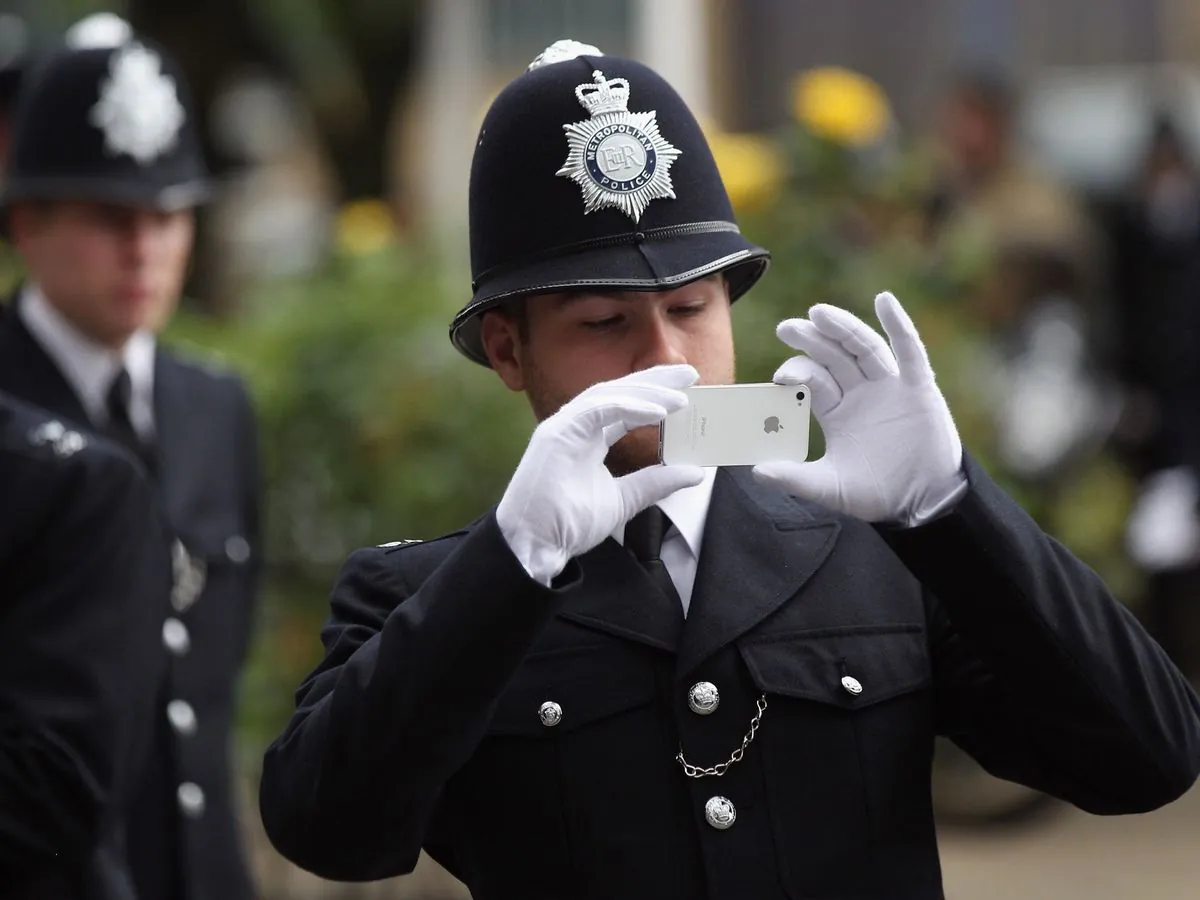The Metropolitan Police Service, the UK's largest police force established in 1829, is currently embroiled in a controversy involving one of its high-ranking officers. Inspector Charles Ehikioya, chairman of the Met's Black Police Association, faces potential dismissal over allegations of sending inappropriate WhatsApp messages between 2017 and 2020.
The Professional Standards Directorate, responsible for investigating misconduct within the force, has accused Inspector Ehikioya of exchanging messages described as "misogynistic, racist, violent and otherwise inappropriate" with a Police Constable. This case adds to the Met's ongoing challenges in addressing discrimination and improving its relationship with diverse communities.
Inspector Ehikioya, a 26-year veteran of the force, denies the allegations. The National Black Police Association, formed in 1994 to address racial inequalities in policing, has expressed skepticism about the charges. Andy George, the association's president, labeled the allegations as "dubious" and suggested the case might reveal "corruption at play within the misconduct system."
A five-day gross misconduct hearing is scheduled to begin on January 6, 2025, in Southwark. If the allegations are proven, Inspector Ehikioya could face dismissal without notice. This process falls under the purview of the Independent Office for Police Conduct (IOPC), which oversees the police complaints system in England and Wales.
Commander Colin Wingrove emphasized the Met's commitment to addressing discrimination, stating, "We are determined to build a Met that truly listens to and reflects the many communities it serves. There is no place for racism. Discrimination in all its forms must be challenged by every Met officer and member of staff."
This case comes at a time when the Met, which employs over 43,000 officers and staff, is under scrutiny for its handling of discrimination issues. The force has faced several high-profile cases of alleged racial discrimination in recent years, and the 1999 Macpherson Report labeled the Met as "institutionally racist" following the Stephen Lawrence inquiry.
In a separate incident in August 2020, Inspector Ehikioya accused the Met of racial profiling when he was stopped while driving. He claimed the stop was an "abuse of power" and occurred "for no other reason other than the fact that they have seen a black man driving a car." The Met reviewed the incident and found no evidence of misconduct.
The current allegations against Inspector Ehikioya highlight the ongoing challenges faced by the Met in addressing internal issues of discrimination while striving to build trust with the communities it serves. The case also underscores the importance of initiatives like the Met's "Action Plan," launched in 2020 to address concerns about disproportionality in the use of police powers.
As the hearing approaches, the outcome of this case could have significant implications for the Met's efforts to combat discrimination and uphold the principles of the Equality Act 2010, which protects individuals from discrimination in the workplace and wider society.
